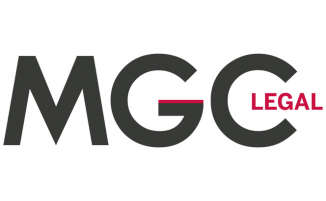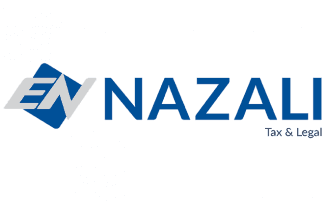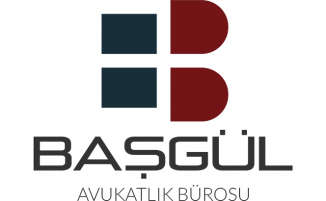Today if you travel to east from Europe on board a plane, it is most likely that you will make a transit connection in Istanbul Airport, which is now a hub. As Istanbul is located in a unique geography and joins two continents, it is very likely that Istanbul will be similarly a hub in the field of law, with a particular focus on arbitration.
Backed by its modern international Arbitration Act, Turkey has also had a modern arbitration centre since 2015. Founded and launched in 2015, the Istanbul Arbitration Centre (ISTAC) has made great advances to turn Istanbul into a significant arbitration centre that unites East and West. Continue reading “Sponsored briefing: Istanbul Arbitration Centre (Istac) and some key numbers”














